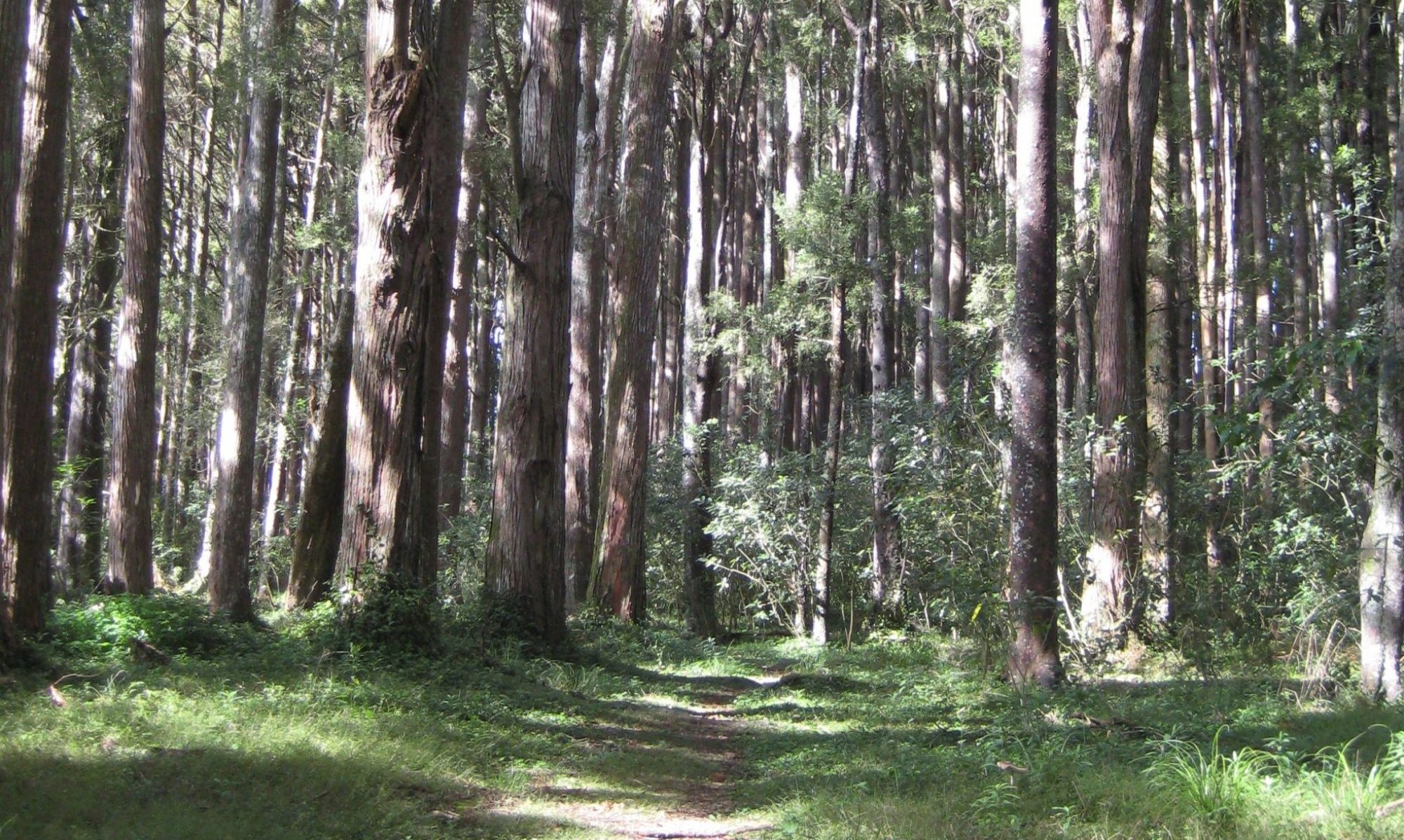Common practice for radio drama in New Zild, so I believe, is:
– the WRITER knocks together a radio play script,
– the script goes through a couple of drafts between the Writer and the PRODUCER,
– the Producer directs the piece with a bunch of ACTORS in a sound studio under the all-hearing ear of the ENGINEER,
– the Producer and Engineer post-produce (?) the recorded and library audio into an actual radio play,
– and that play gets broadcast on the wireless.
Closet control freak writers (like myself) might notice the lack of the above Writer’s involvement past the writing and drafting stages, but that’s how it is.
Late last year, when a radio play of mine was scheduled for recording, I asked to sit in for two reasons: one, at a couple of technical advisors’ recommendation*, and two, to spend some time in me oul’ home toon. Producer Jase very kindly agreed to my self-invitation.
The first day of recording began with a table read where Jase introduced me to the assembled actors, and everyone – myself included – was guarded in their greeting: the actors had secured the gig so they didn’t have to make too much nice, Jase was the big cheese in the room, and I was just the writer who’d invited himself along. I tried to put them at ease: Any time any of you wonder, “Who wrote this shit?”, I’ll be in the control booth. The room softened a little. And if you have any questions at all, please ask. Nothing in that script is sacred to me – I caught Jase’s expression in the corner of my eye and shifted direction ever-so-slightly – because it’s the story, as directed by our beloved producer here, that counts. The questions started coming. Some of them were quite hard. Some of my forthright answers made Jase wince. I felt useful.
Over the week of recording, I learnt a little bit more about the process – having had a taste here – as I answered more questions, expanded on the story’s environment and characters’ inner lives, dropped and added lines/action/transitions where necessary/possible, and passed on to Jase my thoughts, suggestions and general remarks on each take. Every little bit helps but I believe it was the thoughts, suggestions and general remarks that made a difference.
What I heard in the control booth, and what I heard in my head as I wrote the script often didn’t match.
In my head —
— I wrote a character who I pictured/heard as being a Maori male in his early sixties, overweight with a slightly pompous air.
In the studio —
— the actor that was cast was Pakeha in the same age range, slim with a distinctly ‘white’ voice.
What mattered —
— was that the voice belonged to someone who’d lived a long life, had retirement on the horizon, and who maybe, just maybe, had one last balls-and-all fight left in him.
What matters in the end is whatever best serves the story.
After each take, Jase would turn to me – having first checked with Engineer Phil, naturally – I would invariably nod conditional approval and pass on my notes. And because Jase blessed the production with kick-arse actors, they took their characters places that would never have occurred to me – place that make me look sound good.
I just had to be there.
* Imagination can only take you so far: the play is set in a specific place and peopled by characters I have no experience of. As for my attendance/observation, I merely had to make sure the actors didn’t sound like actors playing at whatever role they were cast in **.
** Note for actors who may be reading this: no, I was not giving line-readings.



![A Samoan taro patch [pic courtesy of JessieLW at samoasamoa.blogspot.com]](https://i0.wp.com/dfmamea.com/blog/wp-content/uploads/2012/07/IMG_0782-1024x768.jpg?resize=525%2C394)
